Arterial blockage is a dangerous health problem because it can lead to many serious diseases. To detect early signs of arterial blockage, patients need to pay attention to some unusual signs of the body.
Arteries are blood vessels that carry oxygen-rich blood throughout the body, from the brain to the toes. If the arteries are healthy, the blood will flow well and not be blocked. However, if plaque builds up on the artery walls, it will reduce blood flow or even completely block it, according to the health website Healthline (USA).
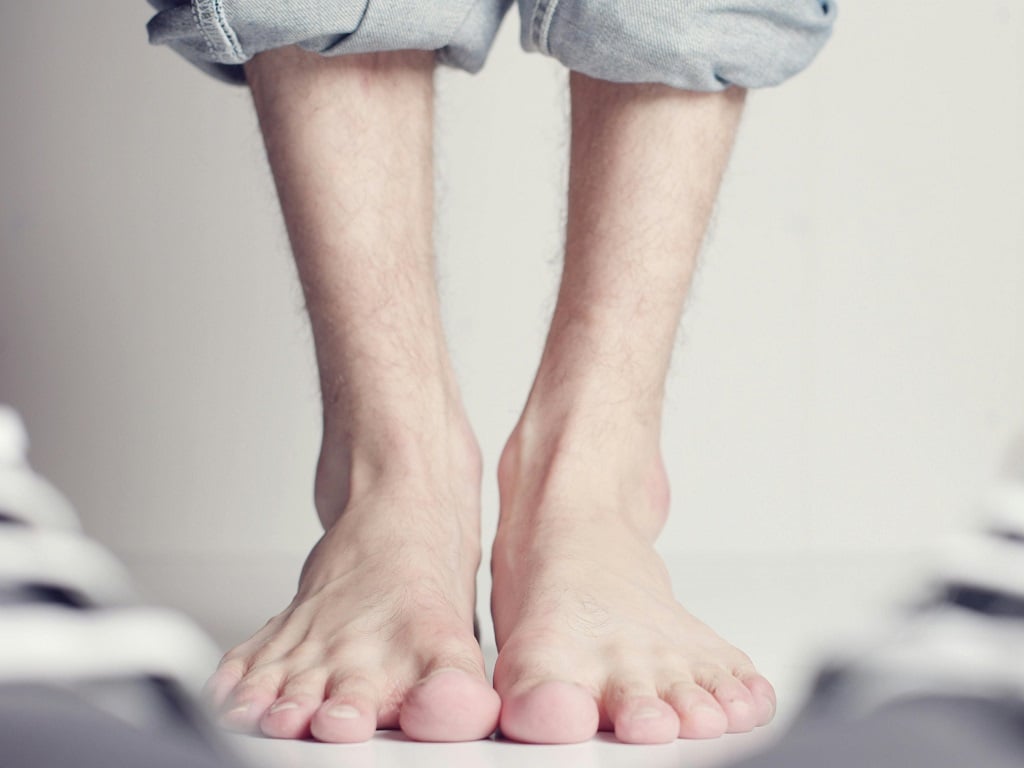
Feet that are frequently cold to the touch is a sign of peripheral arterial obstruction.
Therefore, early detection of blocked arteries is very important because it helps detect health risks early, thereby having appropriate intervention measures. Warning signs of blocked arteries include:
Angina
Angina can result from reduced blood flow to the heart due to plaque buildup in the artery walls. The pain usually starts in the breastbone and may spread to the arms, shoulders, jaw, and upper back. People with persistent chest pain should see a doctor as soon as possible.
Out of breath
Shortness of breath is a common symptom of pulmonary embolism. For a normal person, feeling short of breath after climbing stairs or exerting yourself is normal. However, people with pulmonary embolism will have shortness of breath for longer, more often, and may appear even when they are not active.
leg pain
There are many causes of leg pain. One of them is peripheral artery blockage. Peripheral arteries are found in many legs and arms. If you have pain in one leg for no apparent reason, it may be due to a blockage in the artery in that location.
Cold feet
When blood cannot circulate normally in the arteries, the extremities become cold. Feet that feel cold to the touch may be due to reduced blood flow to the legs. This is a sign of peripheral arterial occlusion.
In addition to cold feet, wounds also heal slowly. Because the wound does not receive enough nutrients and oxygen needed to recover.
heart palpitations
Anytime you notice an abnormal change in your heart rate, you should see a doctor. The cause may be a problem with your blood vessels or your heart. Common signs are a pounding heartbeat, an irregular heartbeat, lasting only a few seconds or minutes and then stopping but then coming back more often, according to Healthline .
Source: https://thanhnien.vn/5-dau-hieu-canh-bao-co-the-dang-co-tac-nghen-dong-mach-185241123201104381.htm


![[Photo] President Luong Cuong receives Kenyan Defense Minister Soipan Tuya](https://vstatic.vietnam.vn/vietnam/resource/IMAGE/2025/4/17/0e7a5185e8144d73af91e67e03567f41)
![[Photo] Warm meeting between the two First Ladies of the Prime Ministers of Vietnam and Ethiopia with visually impaired students of Nguyen Dinh Chieu School](https://vstatic.vietnam.vn/vietnam/resource/IMAGE/2025/4/17/b1a43ba73eb94fea89034e458154f7ae)
![[Photo] Welcoming ceremony for Chinese Defense Minister and delegation for friendship exchange](https://vstatic.vietnam.vn/vietnam/resource/IMAGE/2025/4/17/fadd533046594e5cacbb28de4c4d5655)
![[Photo] General Secretary To Lam receives French Ambassador to Vietnam Olivier Brochet](https://vstatic.vietnam.vn/vietnam/resource/IMAGE/2025/4/17/49224f0f12e84b66a73b17eb251f7278)
![[Photo] Promoting friendship, solidarity and cooperation between the armies and people of the two countries](https://vstatic.vietnam.vn/vietnam/resource/IMAGE/2025/4/17/0c4d087864f14092aed77252590b6bae)
![[Photo] Prime Minister Pham Minh Chinh and Ethiopian Prime Minister visit Tran Quoc Pagoda](https://vstatic.vietnam.vn/vietnam/resource/IMAGE/2025/4/17/18ba6e1e73f94a618f5b5e9c1bd364a8)
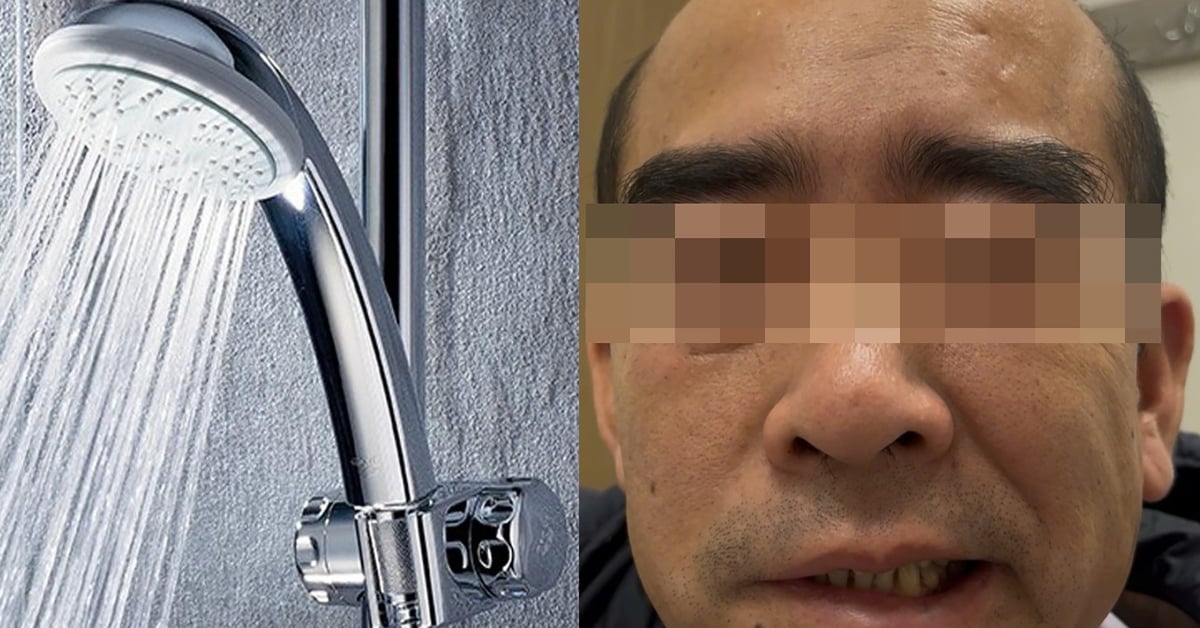



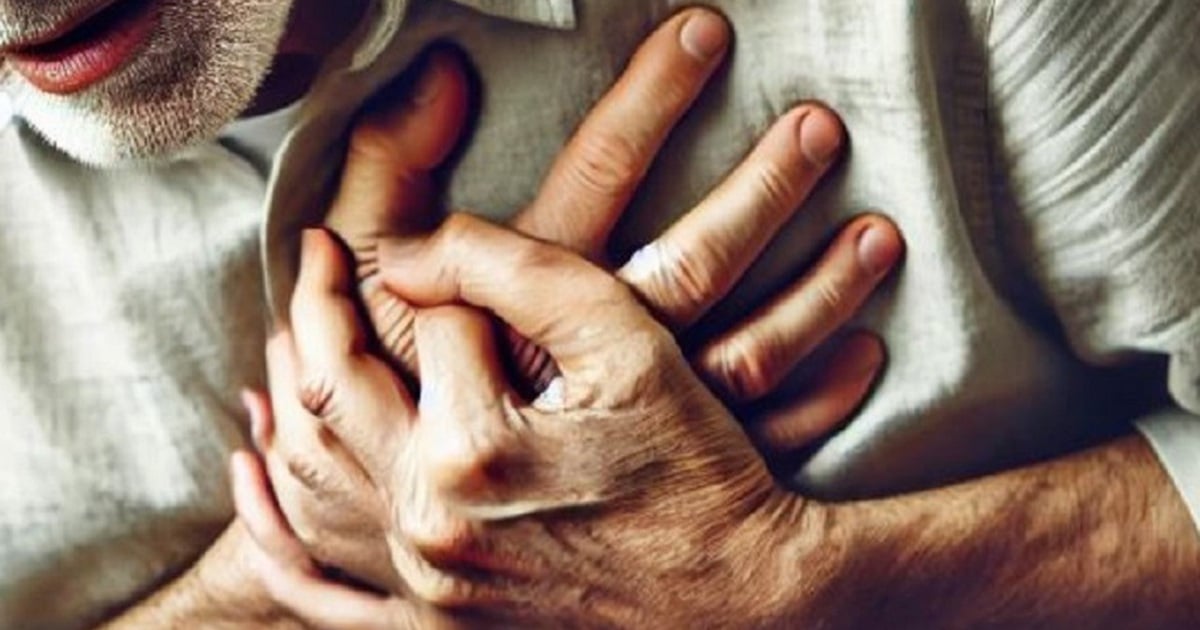
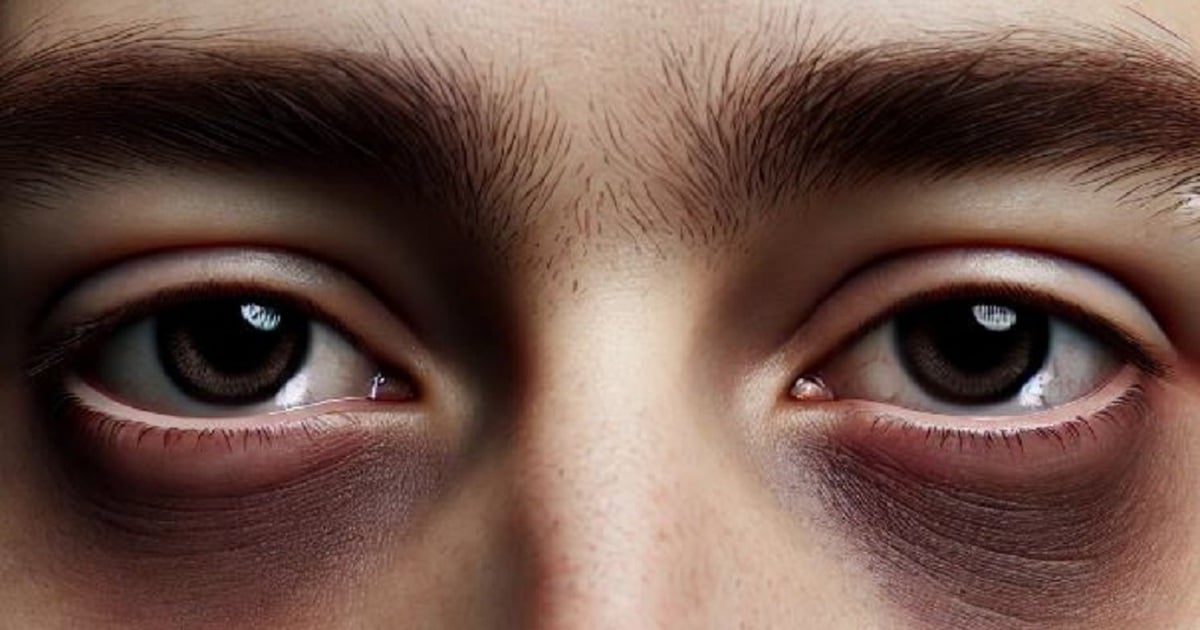
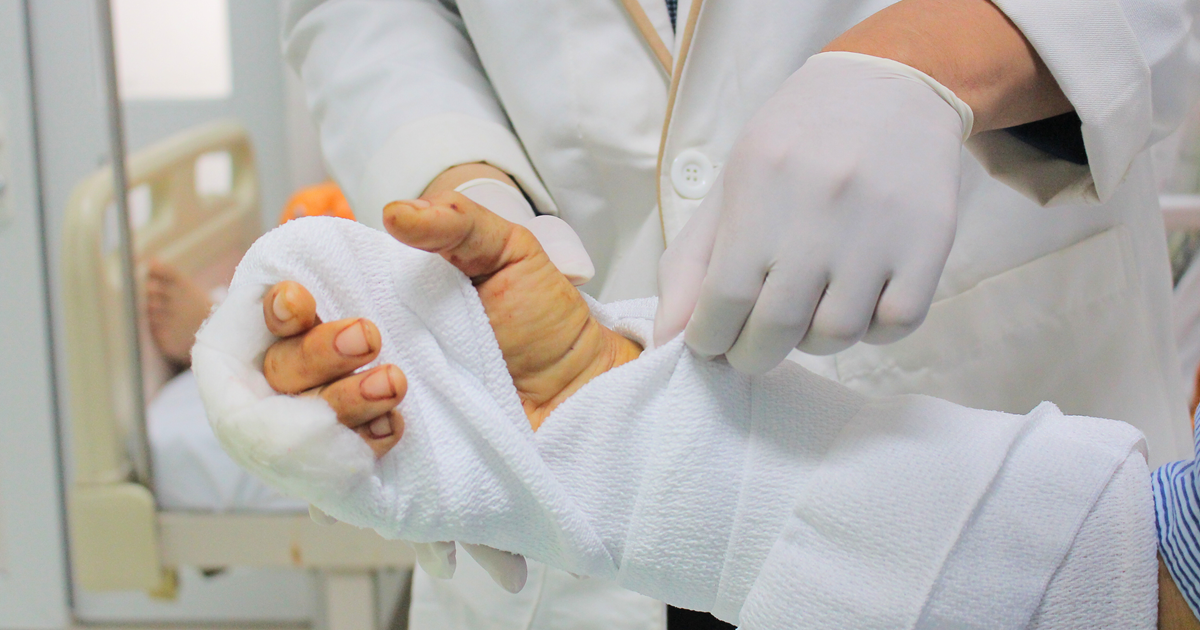
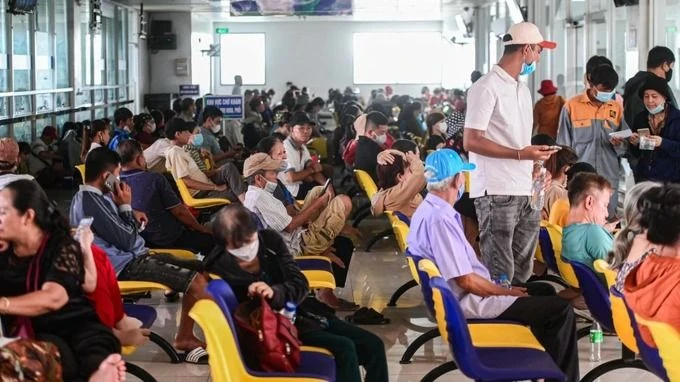
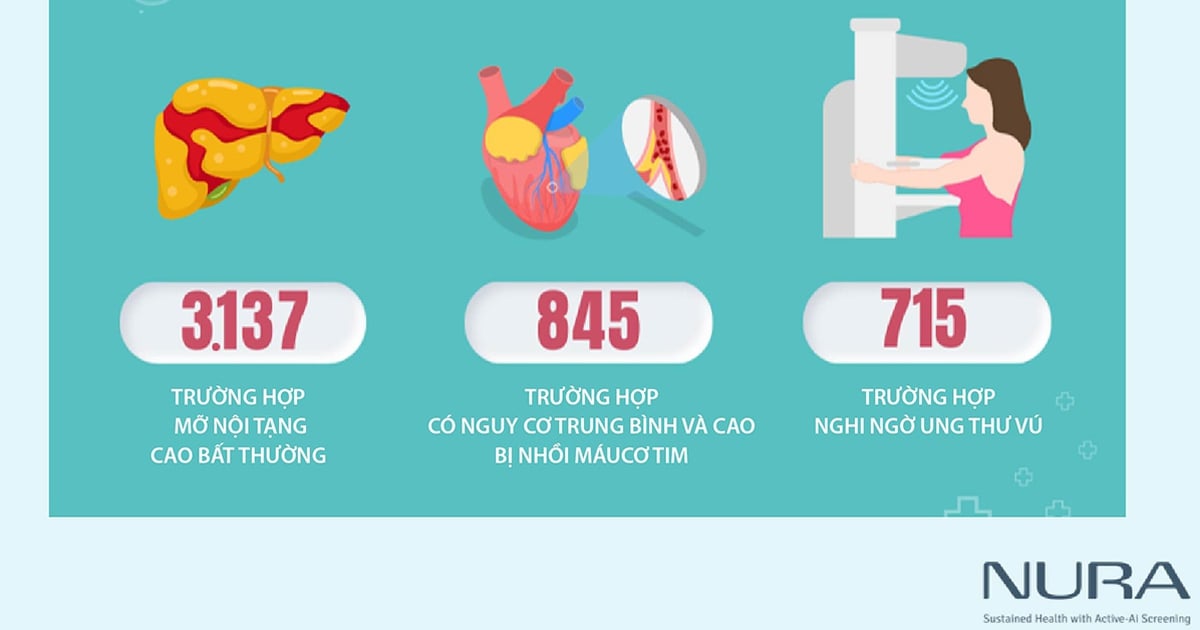


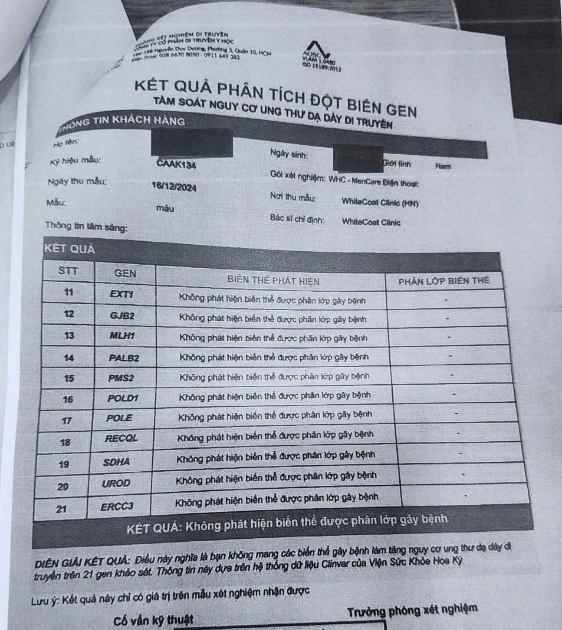






































![[Video] Viettel officially puts into operation the largest submarine optical cable line in Vietnam](https://vstatic.vietnam.vn/vietnam/resource/IMAGE/2025/4/17/f19008c6010c4a538cc422cb791ca0a1)














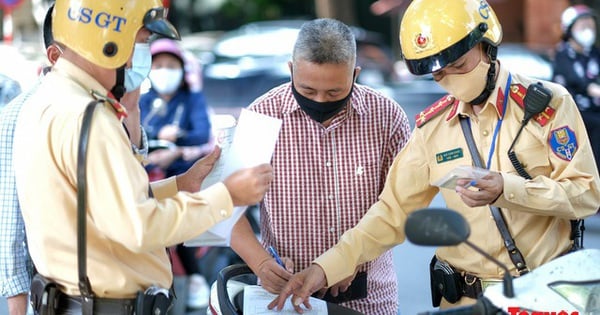

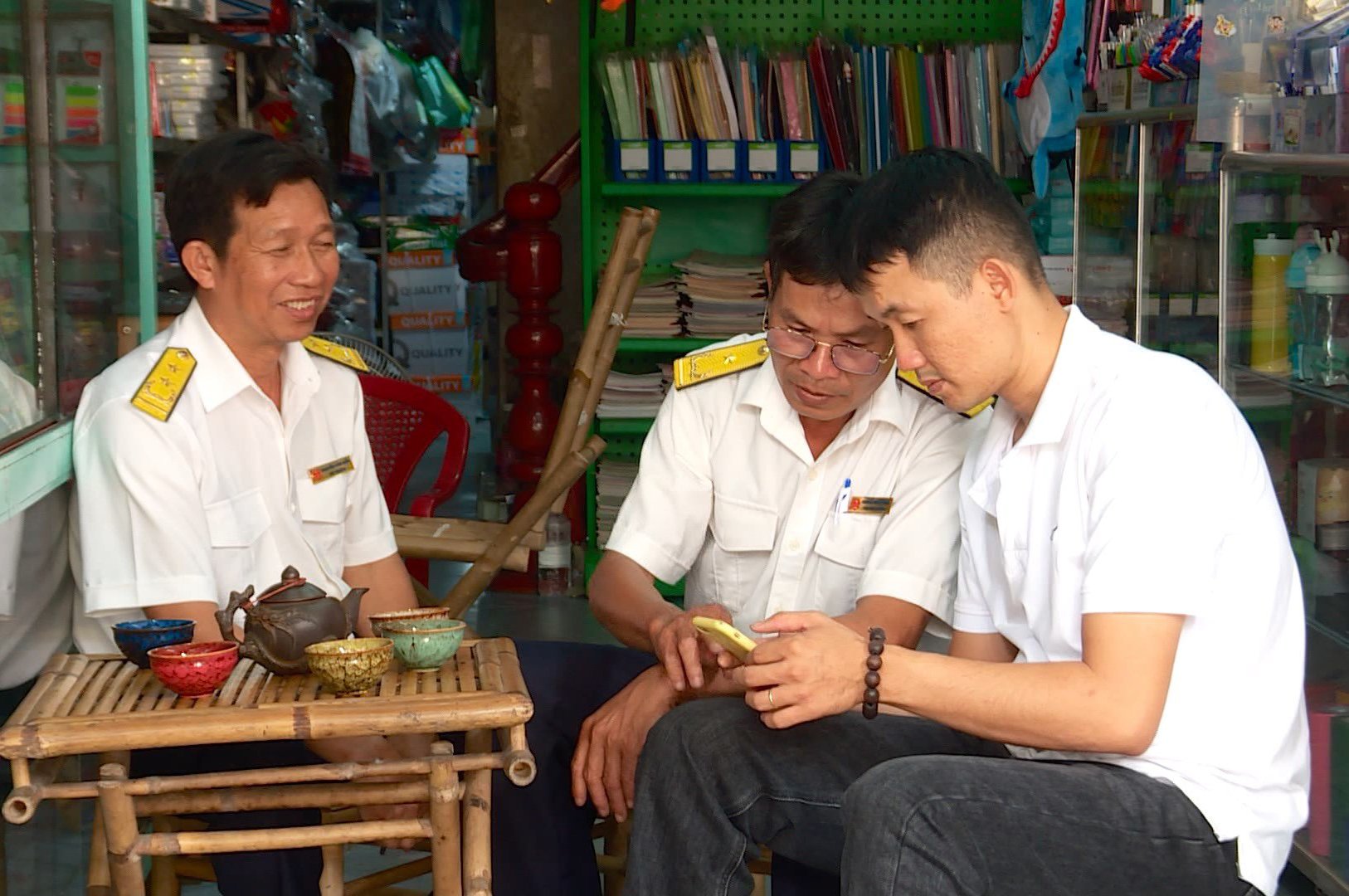






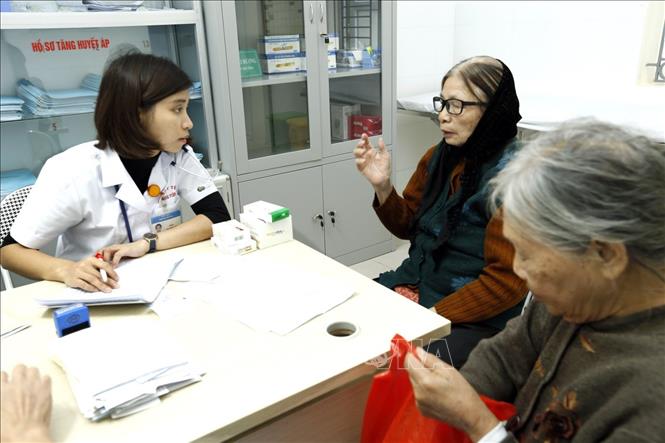















Comment (0)